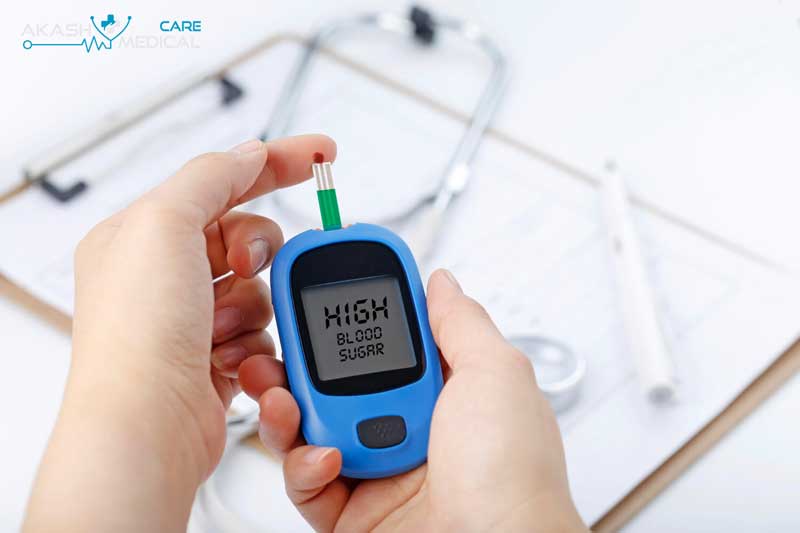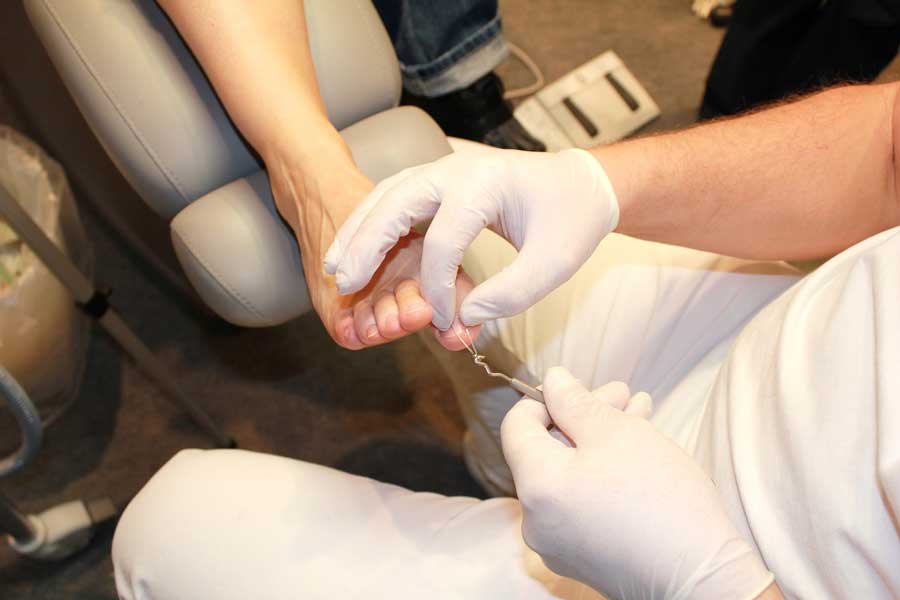Learn how to prioritize heart health with expert guidance on managing cholesterol.

High cholesterol is a risk factor for cardiovascular diseases. You can even have heart attacks. You can prevent many health diseases. You need to just keep this chronic condition under control. In this blog, an experienced internal medicine specialist, Dr. Akash Ferdaus, MD will tell you ways to manage your cholesterol with the help of a primary care clinic.
Understanding Cholesterol
Cholesterol is an important element for your metabolism. It is a kind of waxy substance. Your body produces it naturally. You need this fat element to make hormones and Vitamin D. It also helps in your digestion. It is of two types: the good one is HDL and the bad one is LDL. You develop coronary diseases because of bad cholesterol. Good cholesterol helps to clean the bad ones. You must have the cholesterol level under control to prevent health problems.
Cholesterol Management by Primary Care
Regular Screening and Diagnosis
Our primary care physicians in Brooklyn conduct regular screenings. We also check your health record, family history, and medication list. We check for other health concerns as well. Like hypertension or diabetes. We perform blood tests to check your cholesterol levels. This helps us to identify your risk factors early. Also we can provide you with interventions on time.
Lifestyle Modifications
We provide suggestions to make lifestyle changes to control cholesterol. We advise you to practice healthy habits. This helps to slow down the progress of this medical condition.
Diet
We recommend you DASH and Mediterranean diet. These diet plans contain items good for cholesterol management. We encourage you to eat more fruit, vegetable and whole grain items. Our diet suggestions also includes good fat
Exercise
We recommend various physical activities that your body can take on. We suggest you walk, swim or do strengthening exercises. It can help to improve your cholesterol levels and reduce your risk of heart disease.
Weight Management
You need to manage your weight for cholesterol management. Your body will produce more LDL when you are obese. Also, you will have less HDL which helps to maintain your cholesterol balance. We look into your overall health condition and lifestyle to understand the reason for your weight gain. We prescribe you medications if you gain weight due to medical conditions. Like hormonal imbalance or thyroid problems. We also give you lifestyle guidance if you eat unhealthy food, don’t do physical exercise or have sleeping problems.
Medication Management
You cannot always control your cholesterol by changing your lifestyle. We give you medicine when your condition becomes too high to control naturally. We might suggest medication if you have additional risk factors.
Monitoring and Follow Up
We provide you follow up appointments to monitor your condition. We check your levels through tests. We also ask you about any difficulty or symptoms you have experienced. We do these to evaluate the effectiveness of our treatment plan. Based on our analysis we make adjustments in your treatment plans as needed.
Education
We educate you on the importance of managing cholesterol. We let you how it affects your health. We also discuss our treatment plan. We talk about how medications can be important to manage your condition if required. We also focus on the importance of adherence to treatment plans. This is to help develop healthy habits and overcome lifestyle change barriers.
Coordination of Care
We refer you to specialists for advanced treatment. We have connections with various specialists. We collaborate with them to provide you with comprehensive primary care. We share your medical information with the specialists. We do this to ensure a smooth transition of your treatment. This is necessary especially if you have multiple health conditions.
Cholesterol Management Partner in Brooklyn
Akash Medical Care PLLC is your cholesterol management partner in Brooklyn. Our board certified internal medicine physicians provide the best treatment to manage this condition. We listen to your health issues and do comprehensive assessments to give you personalized solutions based on your unique needs. We detect your potential risks of developing cholesterol and heart disease when you come to us early. Our guidance will help you make the progress of your condition slow. We also give you proper treatment in case you have already been suffering from cholesterol issues.
Schedule Your Appointment Now
We take multiple approaches like lifestyle counseling, medication and others to manage your conditions. We also offer you referrals to specialists if you need advanced treatment. We ensure effective communication for our Spanish speaking patients through our Spanish speaking interpreters. Our clinic is situated in an accessible location. We provide both online and walk in appointments. We offer remote monitoring service to monitor your health from your home. We are accepting new patients. Book your appointment today.
FAQs
How frequently should I have my cholesterol levels tested?
Adults above 20 years should check their cholesterol level every 5 years. However, it can depend on various factors. Doctors will assess your conditions based on your age and risk factors. We will suggest how often you will need it. You might need to check more often if you have a family history of heath disease, diabetes or other risk factors.
How can I manage this chronic condition?
You need these lifestyle changes:
- Selecting diet containing more fruit, vegetable, whole grain and lean protein
- Reducing consuming saturated and trans fats
- Doing physical activity
- Quitting smoking
- Limiting alcohol consumption
Can I manage my cholesterol levels without medication?
You can manage this condition through changes in your lifestyle. It is usually the first stage of treatment. Our doctors will assess your condition and risk factors. We might prescribe medication if required.
What can I expect during my appointment with my PCP?
You can expect the following at our primary care visit:
- Review of your medical history and risk factors
- Physical examination
- Mention your diet, exercise and lifestyle habits
- Blood tests to measure cholesterol levels
- Personalized treatment plan to manage your condition










